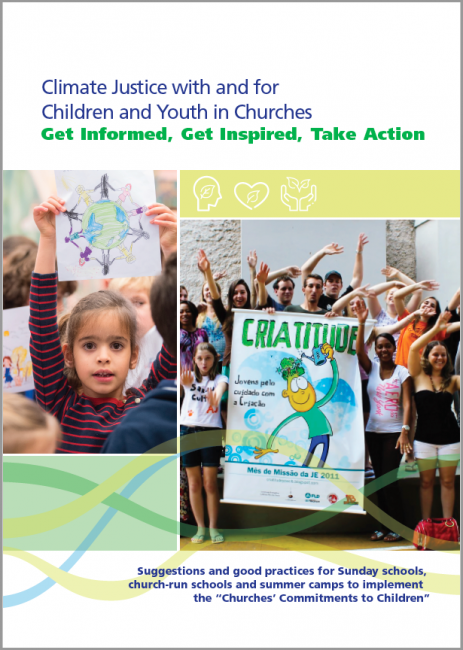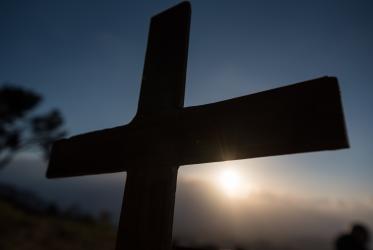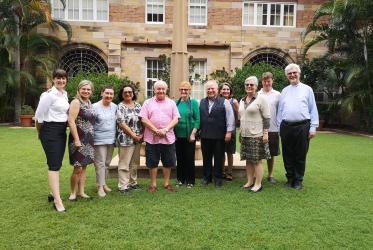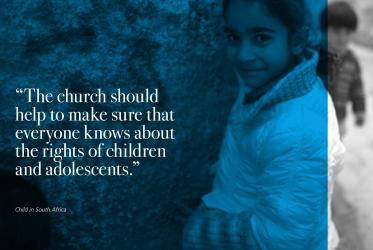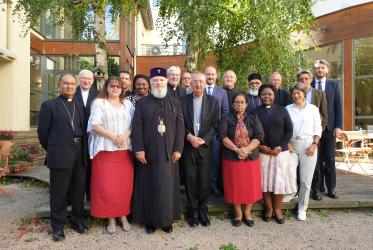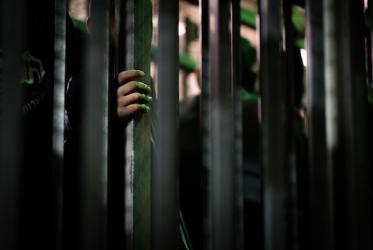Displaying 121 - 140 of 286
Get Informed, Get Inspired, Take Action
25 October 2020
WCC commemorates life of Rev. Tsutomu Shoji
02 September 2020
Churches should use their voice on climate change
26 February 2020
Workshop addresses human rights in Australia
25 February 2020
CCIA meets in Brisbane with focus on Pacific regional priorities
19 February 2020
Church of South India eco-ministry featured on UNESCO website
17 February 2020
WCC, UNICEF celebrate commitment of churches to children
20 November 2019
Tveit: “Love is about the future: Where are we going from here?”
17 November 2019
WCC well-represented in Religions for Peace leadership
07 October 2019
